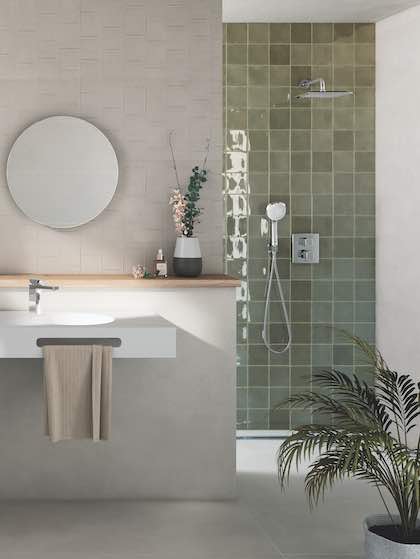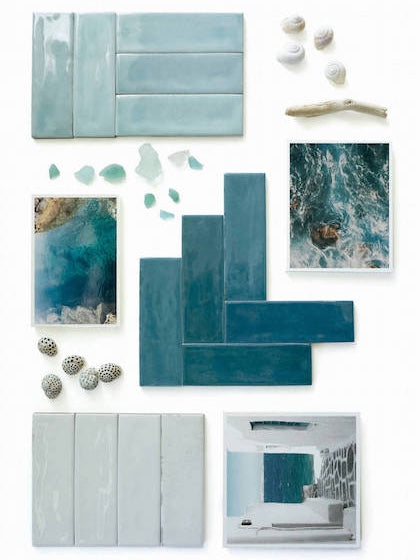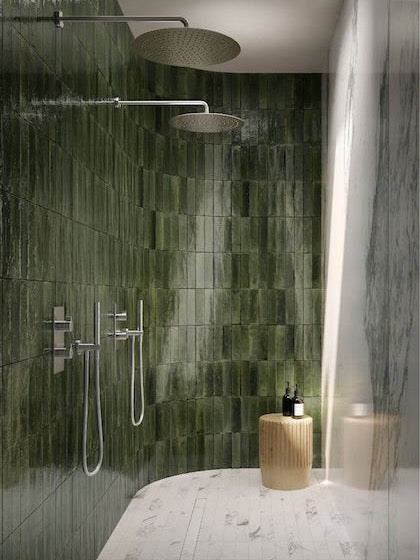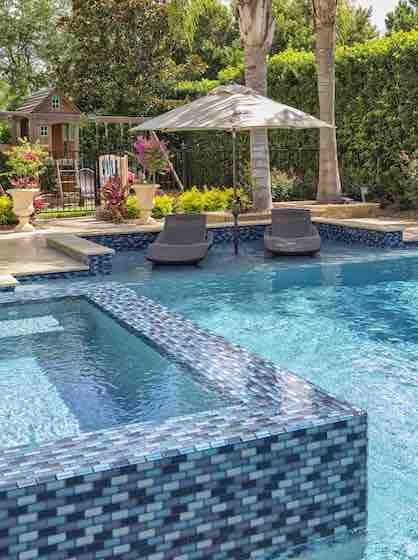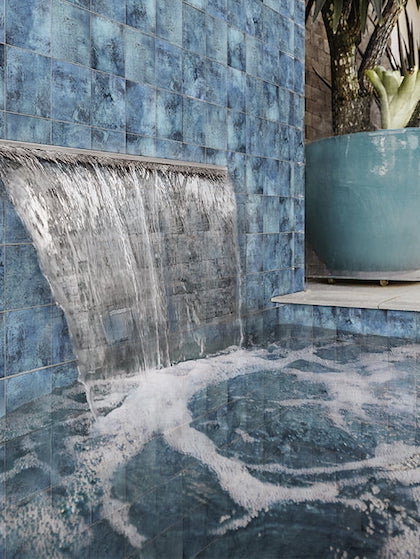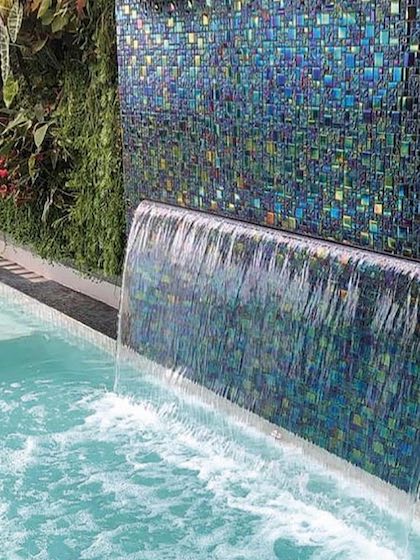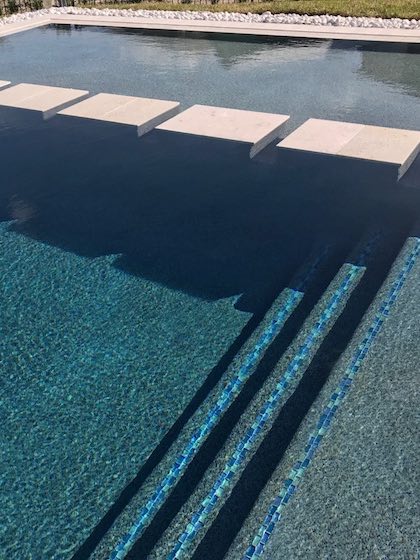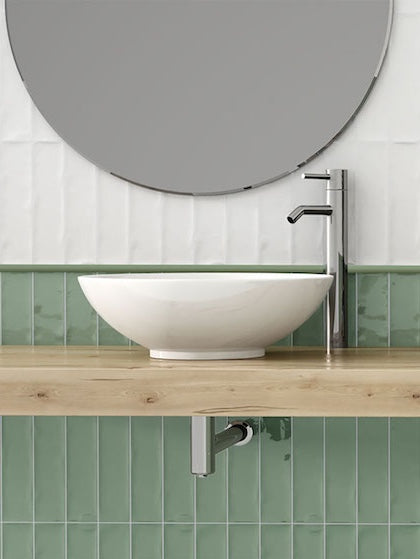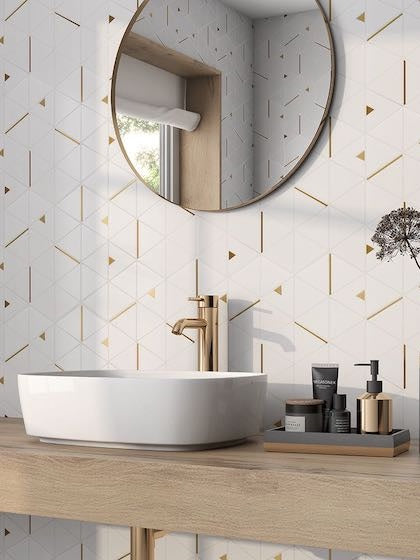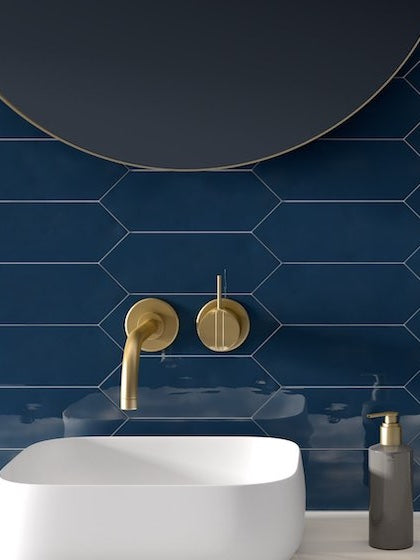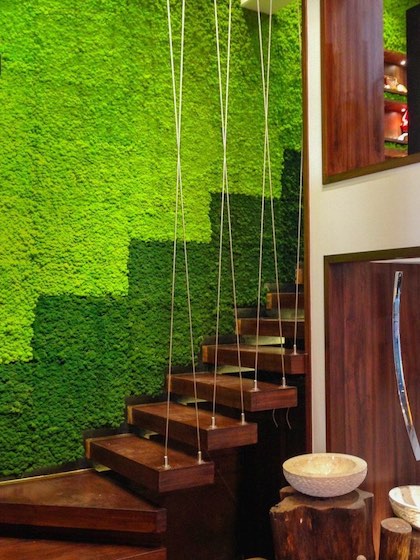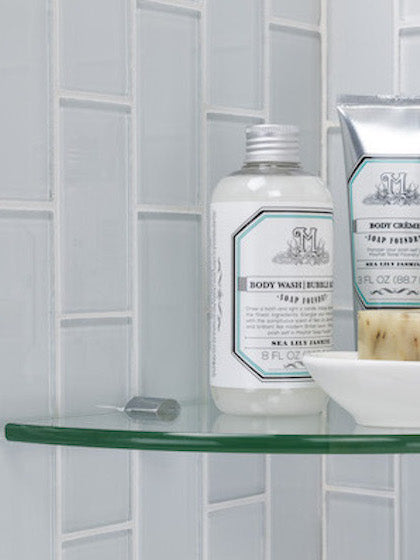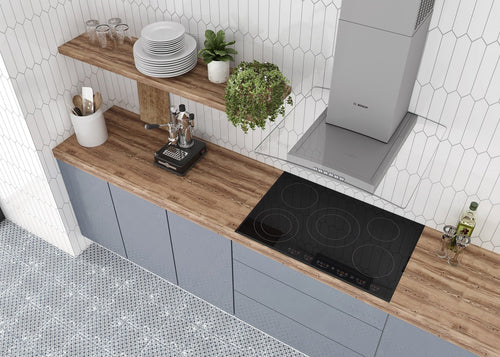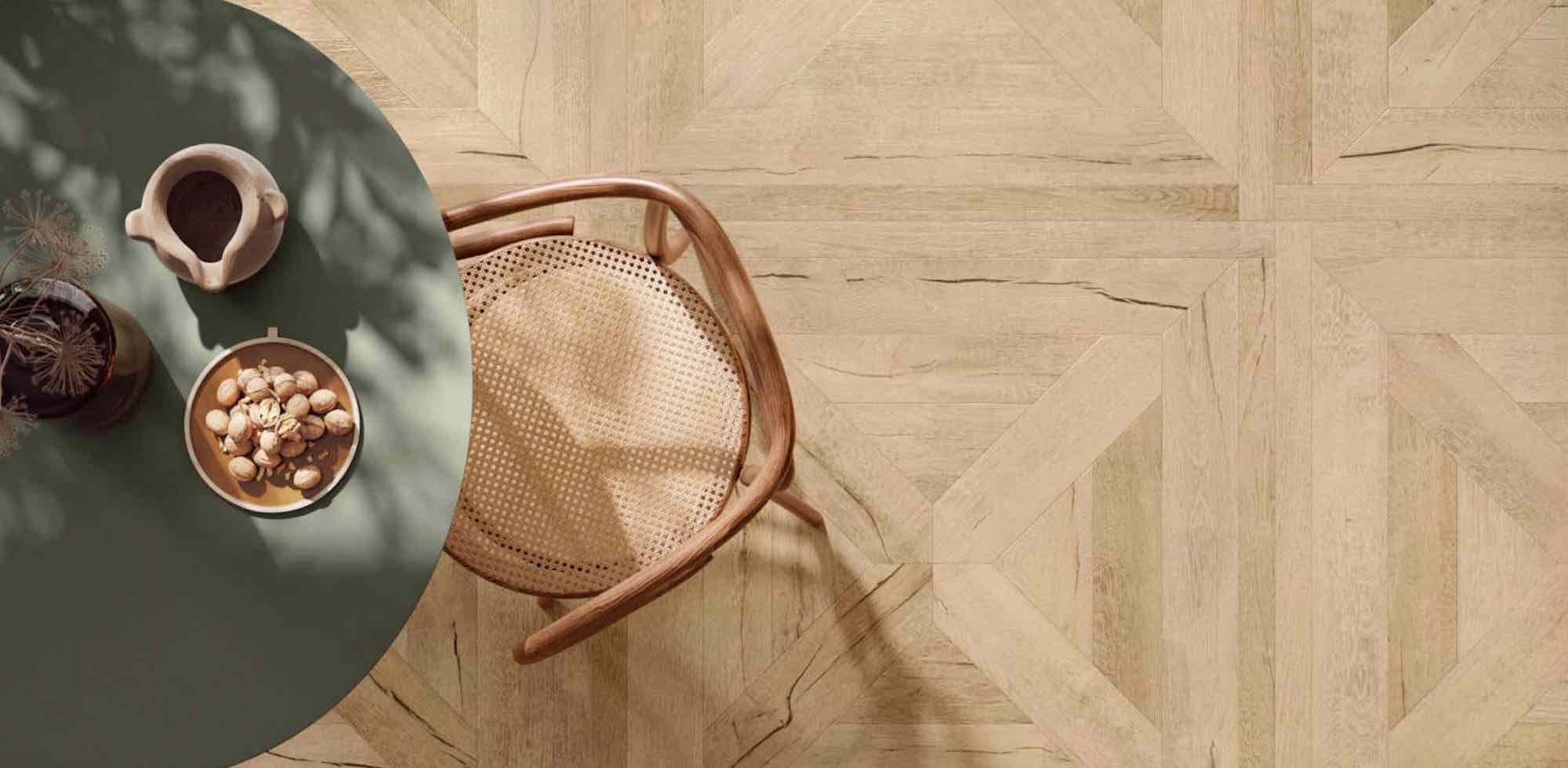Do you have pets who shed? Are you residing in a high moisture content environment or looking for a flooring type that’s best suited for high-traffic areas? Well, one of the best options to choose from is porcelain or vinyl tiles. Generally, for such high maintenance concerns, it’s better to avoid hardwood, carpeting, laminate, and rubber flooring since they can further expedite the issues.
Vinyl tile can potentially mimic the look of hardwood, natural stone, cement, or any ceramic tile as well. However, when choosing the right flooring for your home, it’s important to know the various characteristics and differences to make the best decisions. Vinyl or Porcelain? Let’s have a look!
Durability
Vinyl tiles are subjected to a lifespan of 10 to 20 years at the most considering the optimum use of the tiles. Since vinyl tiles are quite soft and susceptible to stains and scratches - they can be easily replaced. All you need is to loosen the adhesive, pull out the tile, and glue down another one.
On the other hand, porcelain tiles last for a period of 40 years and even more when maintained well. Generally, you can easily replace a damaged tile and reseal the grout lines every few years.
Aesthetics
Vinyl tiles have the potential to mimic the real-time look of natural stone, cement, and hardwood floors - however, one can easily differentiate the difference between the two. In some cases, the vinyl tiles can appear slightly cheap - hence, highly preferable for small-budget projects.
Simultaneously, porcelain tiles are quite stylish and designer with a touch of available attractive hues, textures, patterns, and prints. These types of tiles are more expensive than vinyl tiles!
Water & Heat Resistance
With excessive or intense heat, the vinyl may be subjected to melting and damage. And in the case of house fires, this material has the potential to release toxic gases that can be extremely harmful. However, the vinyl tiles are quite waterproof and are immune to water damage.
On the other hand, porcelain tiles are equally waterproof and impervious to water damage. If you maintain the grout lines well, there’s a great possibility for water resistance. Porcelain tiles are also heat resistant!
Maintenance
Vinyl tiles are one of the easiest to clean and maintain. They’re smooth, and soft, and can potentially clean off easily using a dry or wet mop. Hence, if you have pets and kids that may have an ouch-moment, these tiles are something not to worry about!
Porcelain tiles are equally easy to clean and maintain - however, they may require coating and re-coating if the grout lines are stranded for degradation. You must use a bleaching coat on the grout if required.
Comfort
Vinyl tiles are considerably warm, soft, and comfortable to walk barefoot on. It’s not a hard surface - hence, just in case you drop a glass dish or fancy China, you can definitely expect it to survive.
On the other hand, porcelain tiles can be hard and can feel quite cold if radiant heating is not installed.
Resale Value
Generally, vinyl tiles are quite economical and may not have a high return on investment. Simultaneously, porcelain tiles have a better resale value since they’re associated with a modern luxury feel and look.
Conclusion
Porcelain tiles have better resistance, durability, appearance, and higher return on investment - with the fact that they’re more expensive than traditional vinyl tiles. On the contrary, vinyl tiles are quite suitable for low-budget projects since they can also be easily DIY. It truly depends on what your priority is and the best flooring type is truly waiting for you. Explore our premium selection of porcelain tiles to find the perfect fit for your project.

